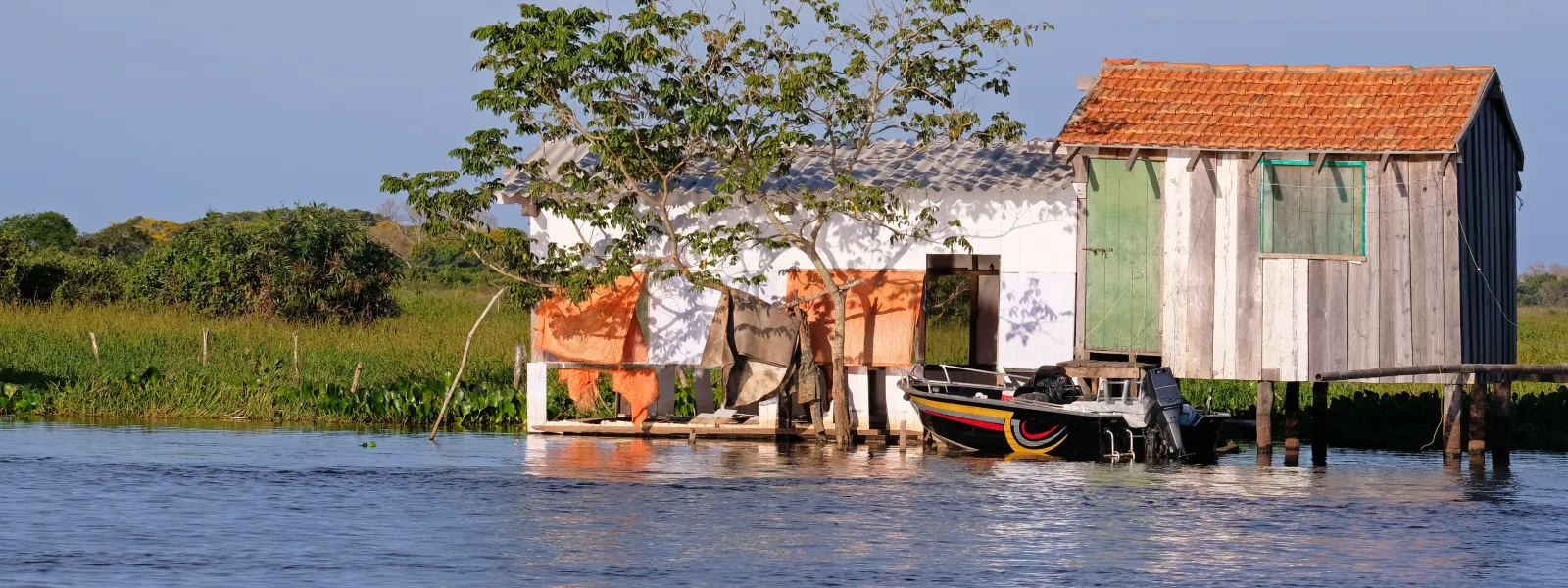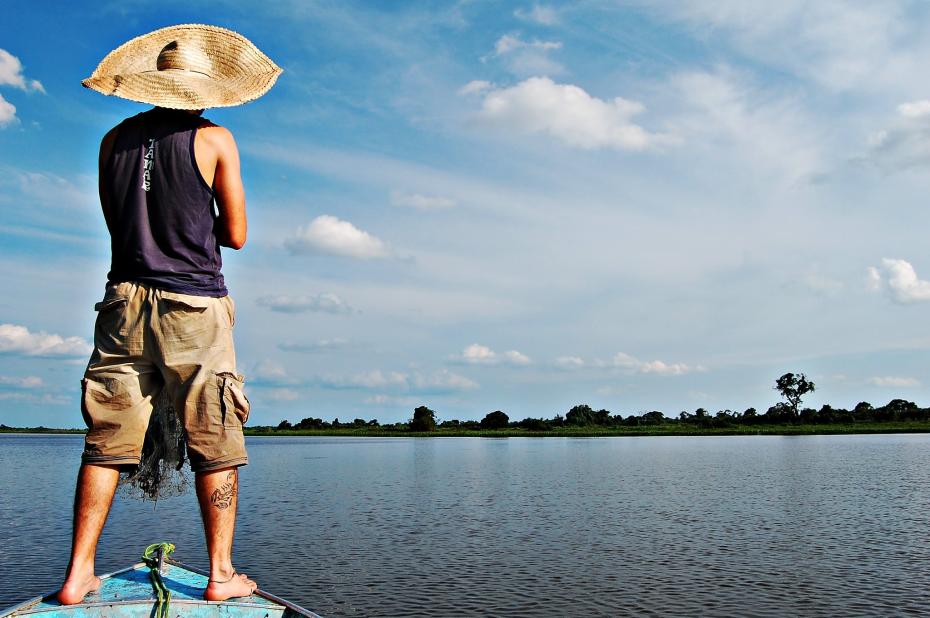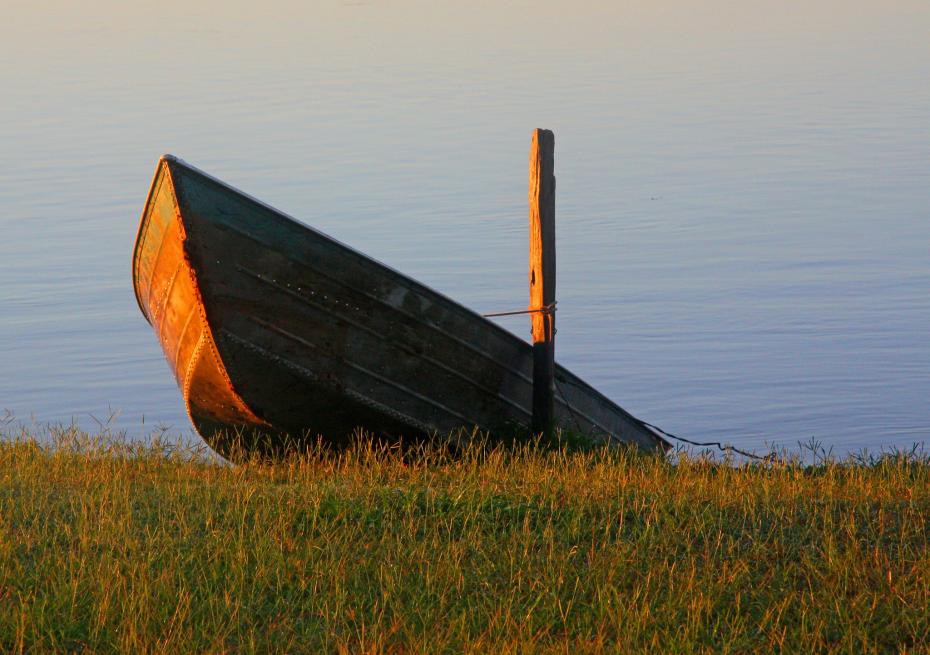
Urgent alert on human rights threats due to Pantanal degradation
Photo: Shutterstock.The Pantanal is the world’s largest freshwater wetland. It’s nearly 18 million hectares stretch across Brazil, Bolivia, and Paraguay, making a home for thousands of species, some of which are in danger of extinction. It hosts six different Ramsar sites, wetlands of international importance, and has been designated as a Biosphere Reserve and UNESCO World Heritage Site.
Forest fires, drought, and deforestation, due largely to the expansion of industrial agriculture and the construction of hydroelectric dams, have destroyed millions of hectares of this wetland. The devastation is not only environmental, but it has also affected the lives of those who inhabit the region, threatening their right to live in a healthy environment.
In addition, the Pantanal provides resources and sustains the livelihoods of about 1.5 million people. More than 270 communities—including indigenous peoples, cattle ranchers and riparian communities—depend directly or indirectly on the wetland, although its relevance transcends the region and is fundamental to the well-being of more than 10 million people.
However, the Pantanal is at risk of collapse. Only 5 percent of its area is protected. In recent years, forest fires, drought and deforestation—associated with the expansion of agribusiness and the construction of dams—have destroyed millions of hectares of this wetland. This damage violates the rights of local people and communities.
Environmental Damage and Human Rights

The intensification of extractive activities during recent years, principally ranching and industrial agriculture, have led to unprecedented droughts and fires in the Pantanal.
In 2020, wildfires destroyed more than 4.5 million hectares, almost one-third of the wetland’s area. And so far in 2022, more than 123 thousand hectares have been consumed by fires, 26 percent more than had burned during the same time period in 2021. In addition to the fires, drought has been intensifying.
One of the most serious cases is that of the Guató people of Baía dos Guató, Brazil, who have lost almost 90 percent of their territory to fire.
"The fires destroyed crops, burned houses. The fire destroyed a large part of our territory, destroying many trees, animals, birds, damaging our animals and plants and our food security, because it destroyed our crops," said one of its members. "Everything is coming to an end."
Fires in the Pantanal have caused the loss of forests and biodiversity, aggravating the climate crisis. They also impact the health and livelihoods of nearby communities by destroying their homes and territories, making them more susceptible to health problems, especially respiratory problems. Fires have resulted in the loss of seeds and the death of animals.
The drought especially impacts communities that depend on fishing for food and income (about 70 percent of Pantanal villagers depend on fishing as their main livelihood). Women engaged in artisanal bait collection for sport fishing have been particularly affected.
The traditional communities in the region have also been severely impacted, as the fire has reached all of their territories, destroying almost half of them.
This has repercussions on the development of their cultural practices, as for many Pantanal communities the connection with the land plays an essential role. They obtain from nature the plants for their traditional medicines and raw materials to build their houses, utensils and handicrafts.
For the Yshir, for example, the destruction of the Pantanal threatens their belief system and cosmology (where the forest, rivers and wildlife are central), preventing them from maintaining their traditional ceremonies based on these beliefs.
An Emergency Call

The Interamerican Association for Environmental Defense (AIDA) and Ecologia e Ação (ECOA) prepared an urgent alert for United Nations Human Rights Rapporteurs to report on the critical situation of the Pantanal and request that they issue recommendations to the three countries where the wetland is located in order to prevent the recurrence of fires, ensure the restoration of ecosystems and guarantee the rights of local populations.
We also ask them to visit the site to learn about its situation first hand and to give their recommendations a greater force and sense of urgency.
The biological wealth of the Pantanal is incalculable. The site provides several ecosystem services: flood flow regulation, climate regulation, soil fertility control, biological control, biodiversity maintenance and is a source of water, food and raw materials for the population.
The environmental and social importance of the Pantanal requires urgent, coordinated, transboundary and effective actions to ensure its restoration and protection.
It is time to join forces and take care of the enormous natural and cultural wealth of this biome that is so important for life.
Mayela Sánchez García

Mayela Sánchez García is Mexican and AIDA's digital community specialist, working from Cholula, Mexico. She is a graduate in Journalism and Media Studies from the Instituto Tecnológico y de Estudios Superiores de Monterrey in Mexico. Mayela has significant experience as a journalist focused on social and human rights issues. She has worked in print and digital media, and has experience in podcast production.
